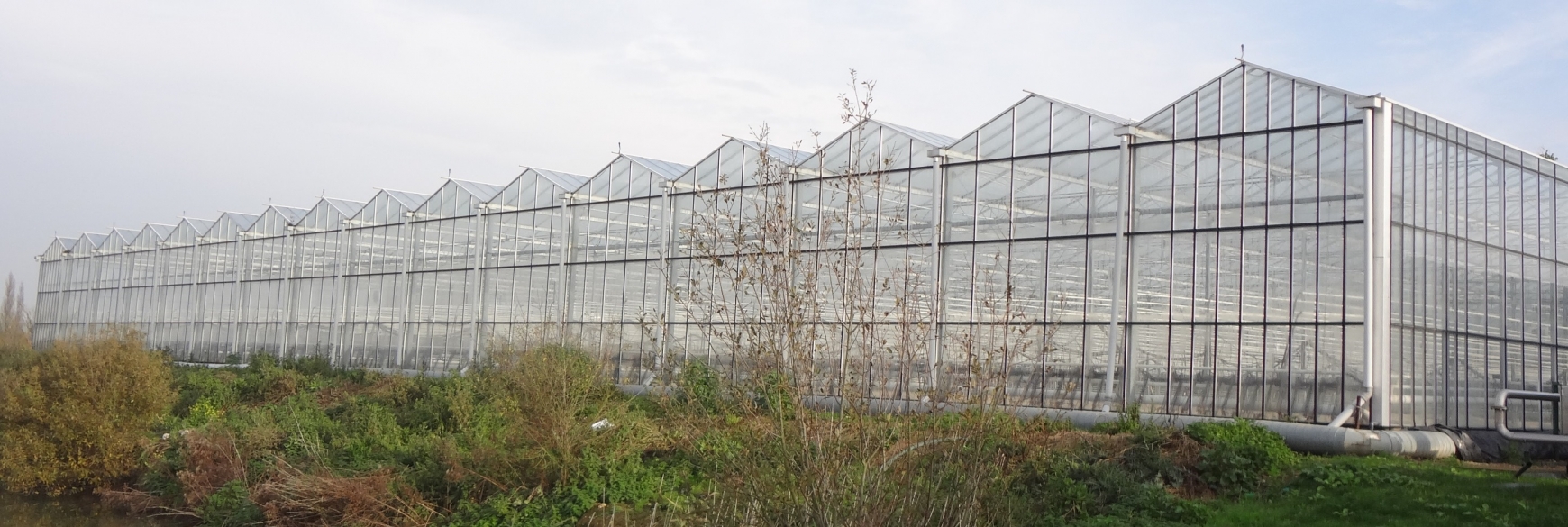Renewable technologies are increasing in popularity due to their cost saving benefits and low maintenance costs, but also the ‘green energy’ they produce, which is vital in helping to achieve the NFU’s Net Zero target of 2040. There are different renewable technologies available to install both on domestic and business properties and at NFU Energy, we have put together renewable guides which are filled with information and answers to all your frequently asked questions.
What is a carbon footprint?
A carbon footprint is a way of accounting for the greenhouse gas emissions of a business, a product or a service through its entire lifecycle. Although we call it a carbon footprint, it also includes the other greenhouse gases of methane (CH4) and nitrous oxide (N2O), that are then presented as a carbon equivalent according to their Global Warming Potential.
Why do people need to do this?
Carbon emissions have increased dramatically in recent times –
It is becoming common for purchasers to require suppliers to have a carbon footprint of the product they are selling. It is likely in the near future that there will be targets for products to be under certain parameters.
Carbon accounting standards
The process of reducing emissions usually starts with carbon accounting. This is measuring the total greenhouse gas (GHG) emissions caused directly and indirectly by a site or a business and is expressed as tonnes of carbon dioxide equivalent. The carbon equivalent emission figure acts as a benchmark against which to measure the effect of various changes and improvements.
The most widely used accounting standard for carbon emissions is the GHG protocol. This splits emissions into three Scopes.
Scope 1: Direct emissions from owned or controlled sources.
Scope 2: Indirect emissions from the generation of energy bought for own use.
Scope 3: All other indirect emissions (not included in Scope 2) that occur across the value chain of the business, as a result of both upstream and downstream activities.
Due to the complexity of reporting all three Scopes, it is common practice in carbon accounting to report only on emissions derived from Scopes 1 and 2. Sometimes these and the upstream emissions from Scope 3 are considered, this is referred to as ‘from cradle to farm gate’.
If you would like more information on carbon reporting , or if you have any questions, please call the NFU Energy team on 024 7669 6612.


